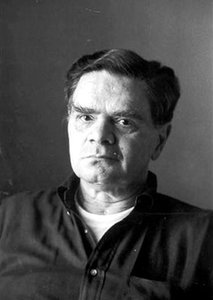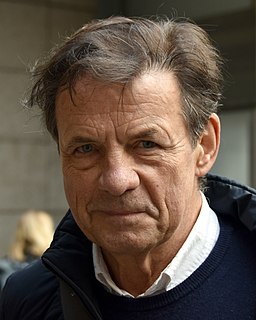A Quote by Joseph Brodsky
Because every book of art, be it a poem or a cupola, is understandably a self-portrait of its author, we won't strain ourselves too hard trying to distinguish between the author's persona and the poem's lyrical hero. As a rule, such distinctions are quite meaningless, if only because a lyrical hero is invariably an author's self-projection.
Related Quotes
Whether the author intended a symbolic resonance to exist in her book is irrelevant. All that matters is whether it's there. Because the book does not exist for the benefit of the author, the book exists for the benefit of YOU. If we as readers can have a bigger and richer experience with the world as a result of reading a symbol and that symbol wasn't intended by the author, WE STILL WIN.
Frequently, an author gets "orphaned" at a publisher. What this means is that an editor buys their book, then ends up getting fired, promoted, or transferred to a different job somewhere else. It sucks for the author because suddenly the person who liked your book enough to buy it isn't around to help you edit and promote it.
I spent many years writing and directing in radio drama, so I am comfortable with an audience or a microphone, but I do worry about the blurring of an author's public persona with the work itself. A good 'performer' can make a mediocre book sound strong, and a shy author can leave listeners missing the excellence of his or her writing.




































